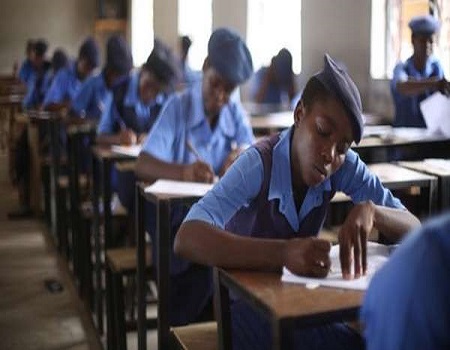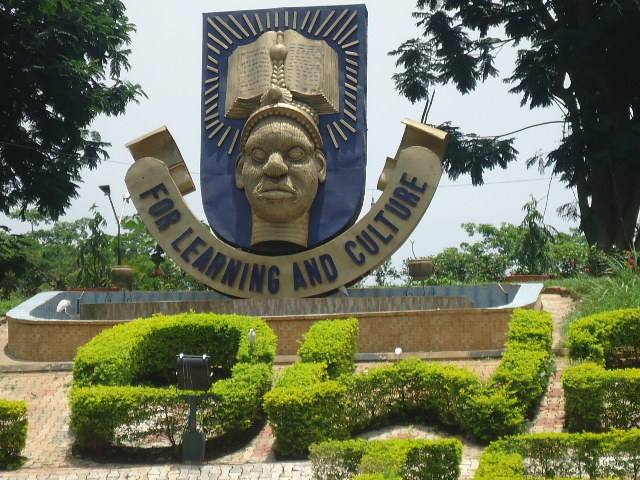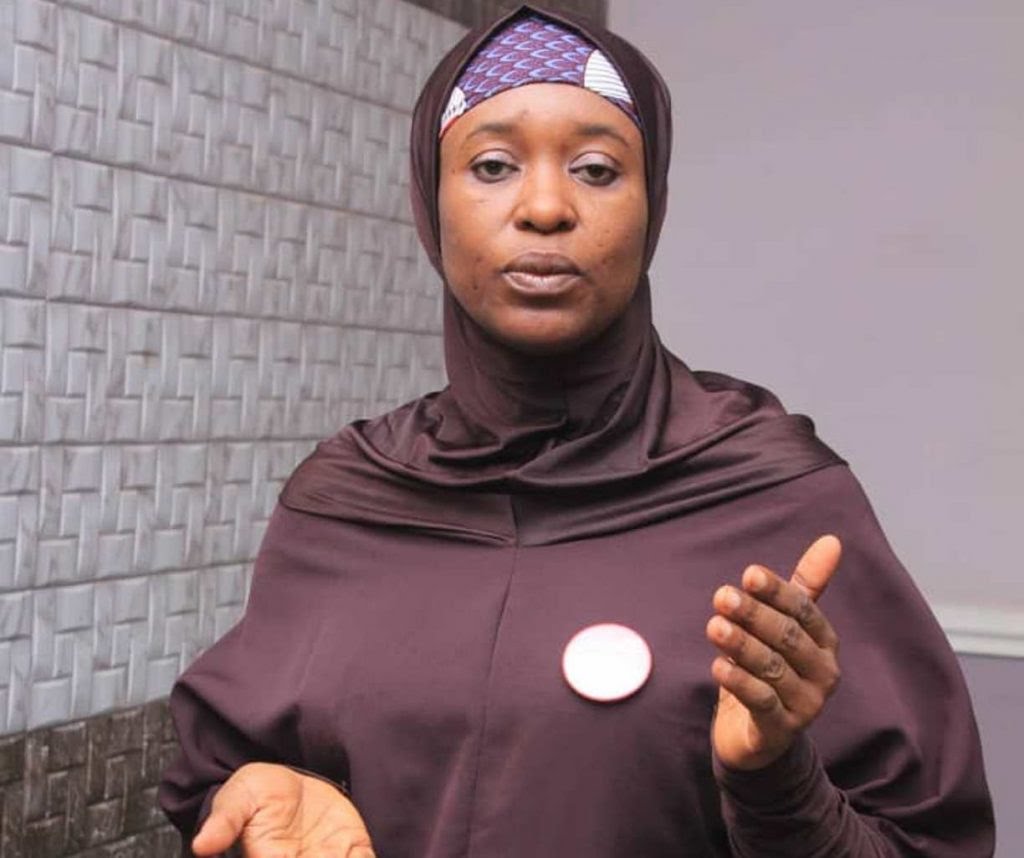[ad_1]
The Executive Secretary, National Secondary Education Commission (NSSEC), Professor Benjamin Abakpa, has lamented that the shortage as well as poor quality of teachers remains the bane in the delivery of quality secondary education in Nigeria.
According to him, the quality of education is a reflection of the quality of teachers who teach the children in the classroom.
Abakpa spoke at the end of a two-day retreat for members of the Governing Board of the Commission during the weekend in Abuja.
He said the commission has discovered that the teacher-student ratio is also very high with a teacher handling so many students more than they could effectively teach because of the acute shortage of teachers in the system.
Nigeria had a shortage of 277, 537 teachers at the basic level, according to the 2018 National Personnel Audit (NPA) conducted on Public and Private Basic Education Schools in the country by the Universal Basic Education (UBEC).
The NPA report further indicated that while 73 per cent of those teaching in public schools were qualified teachers, only 53 per cent of teachers in private schools were qualified to teach.
The NSSEC boss, however, disclosed that strategic steps have been taken by the Commission in collaboration with states and key stakeholders to address some of these challenges.
He said in order to improve the quality of teachers, the commission embarked on training and retraining of teachers, beginning with masters training because teachers are the foundation of successful quality education, saying “When teachers teach well it will eradicate cultism, malpractice and other vices.”
He noted that even with good teachers, when resources are not available, effective learning will not take place.
“We have gone around and seen some of the challenges in schools. We noticed that the teachers/students ratio is high with teachers teaching students that are more than class capacity,” he said.
Chairman, Board of Trustee of National Senior Secondary Education Commission (NSSEC), Dr Nimota Akanbi, on her part called for improved funding of senior secondary education in Nigeria, saying no commission functions well without proper funding.
She said the senior secondary education had been an orphan before President Muhammadu Buhari revamped the commission which was moribund for several years.
She said the commission is developing a new national policy on senior secondary education to enable students to compete favourably with their counterparts across the globe.
Akanbi said the retreat was to promote synergy between the board and the management, adding that the Commission would continue to intervene in critical areas of needs of the senior secondary schools across the federation, while also prescribing and sustaining minimum standards.
“Aside from the Federal Government, funding is also expected to come from the state governments, private sector, international development partners and donor organisations towards improving funding of senior secondary schools in the country,” Dr Akanbi added.
She also promised that the Board would develop a robust Management Information System (MIS) that would capture all relevant data relating to senior secondary schools in the country.
ALSO READ FROM NIGERIAN TRIBUNE
[ad_2]







